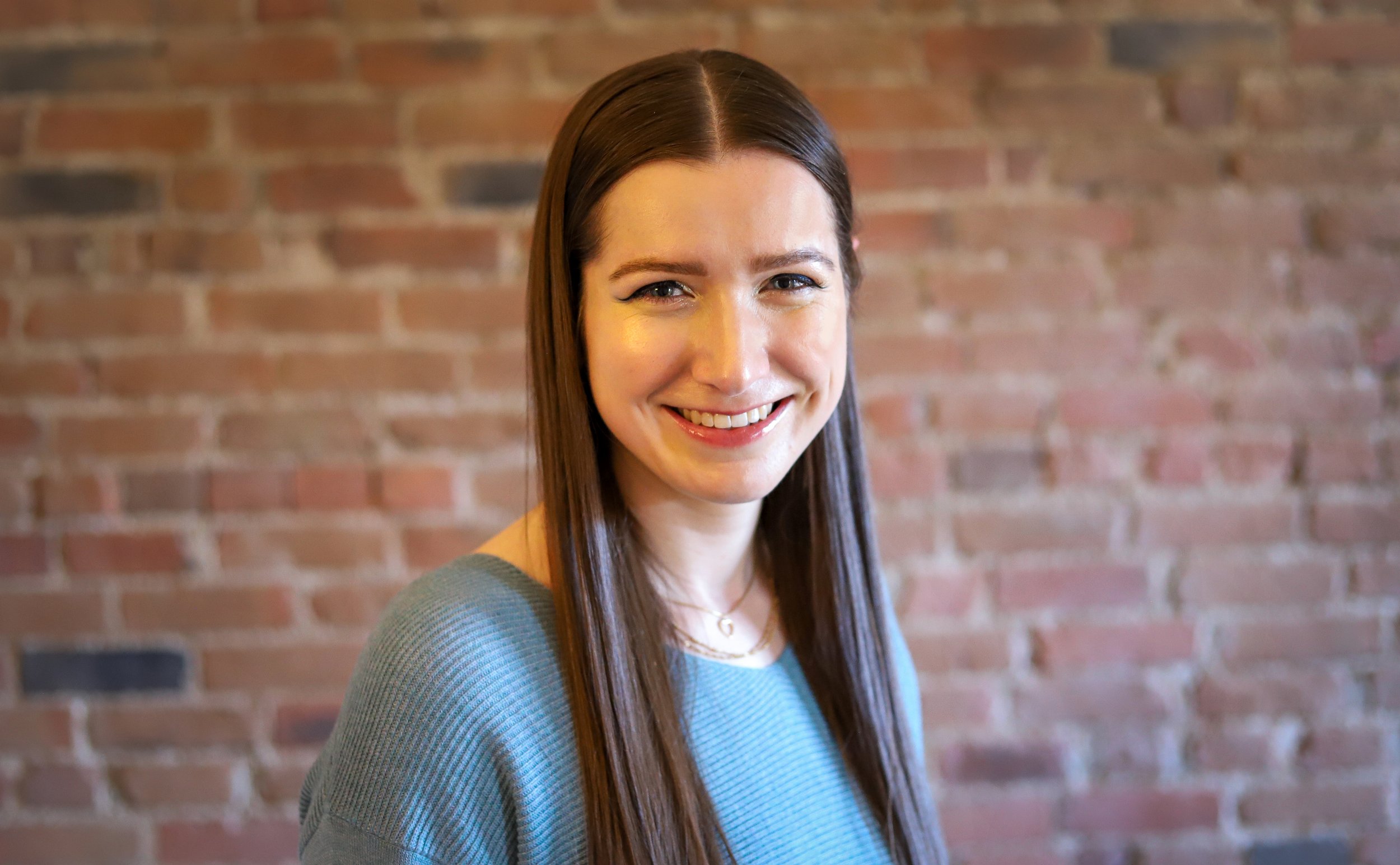Yoga and Trauma Healing
By Jasmine Hansen (she/they), Trauma Therapist and Yoga Teacher
The Origins of Yoga
The origins of Yoga began between 5,000-10,000 years ago in India. Shiva is the first known teacher of the Science of Yoga. At the heart of Shiva's teachings are instructions for liberation from obstacles. The ancient and sacred system of Yoga is a focused, ongoing effort to develop insight and power to observe and overcome obstacles, internal or external, in individual and collective life. In and of itself and at the roots of its history, Yoga is healing from trauma.
Yoga, translated from Sanskrit (the language of yoga) as “union” or “yoke”, is a path of remembering and connecting the body and mind with universal consciousness. The impacts of trauma often disconnect us from ourselves, our bodies, and others.
While the application of the system of Yoga to the healing of trauma is vast, here are three key elements of Yoga that help us heal:
1. Interoception: the feeling of knowing what is happening in your body or the internal state of the body.
Survivors of trauma or people who have experienced trauma are often highly skilled at exteroception (sensitivity to stimuli that are outside of the body). This is because exteroception has helped us survive or find relief, comfort, or connection in our past and current environments. Trauma responses rely on exteroception to react in a way that protects us. Examples are hypervigilance, being “on guard”, overactive empathy and people pleasing, code switching—any time the nervous system is on alert for external cues and information.
We experience the symptoms of trauma because our body and nervous system is so adaptive and intelligent that it stays in an elevated state, scanning for external information and engaged with exteroception. Because of this, we may struggle to connect with interoception and what is going on in our own body. Yoga helps us build awareness of our mind, body, and nervous system so we can heal and become more connected to ourselves, our needs, and the intelligence of our body.
2. Choice-making: practicing making choices after connecting with our bodies through interoception.
Trauma often results in losing trust in a variety of ways—in ourselves, others, or the world. Making choices for our bodies’ needs and wants helps build trust with ourselves after trauma. Building trust in ourselves and our bodies can help ground us and soothe our nervous system.
Ways we can practice choice-making in the physical movements and shapes are asking ourselves: How does my body feel in this shape? Do I want to do this? Do I want to take a different shape, movement, or breath? What am I and my body calling for?
3. Community: connection with others.
The symptoms of trauma can make it difficult to connect with others when we have experienced betrayals of our trust. Trauma can isolate us, making it difficult, if not impossible, to heal alone. Judith Herman, a leading trauma researcher and author, defines an important stage of trauma recovery as reconnection. Yoga not only helps us reconnect with ourselves and our body; practicing yoga in community helps us heal through supportive relationships with others. A Yoga community (or Sangha in Sanskrit) provides an opportunity to build trust and connection with others on our shared path of collective healing.
Yoga Therapy Group
Whether you are new to Yoga or seeking to deepen your practice in community with others, we offer 6-week Yoga Therapy Groups that are trauma-informed and inclusive of all identities, bodies, and prior experience (including no previous experience) with Yoga. Reach out to CZTG therapist Jasmine Hansen (she/they) to learn more about the group and sign up.
Meet The Facilitator
Hi, I’m Jasmine (she/they), a proudly queer yoga teacher and trauma therapist. I am passionate about honoring yoga's roots by integrating the eight limbs of yoga and Patanjali's Yoga Sutras into our group experience. From breathwork, reconnecting with our bodies, and exploring yogic principles for liberation, yoga has so much to offer us in healing from trauma.
In our group you can expect community support, group discussions on yogic principles and spirituality, breathwork, mantra/affirmation practices, trauma-informed physical practice, and meditation. Reach out to me for a free consult call to learn more!


